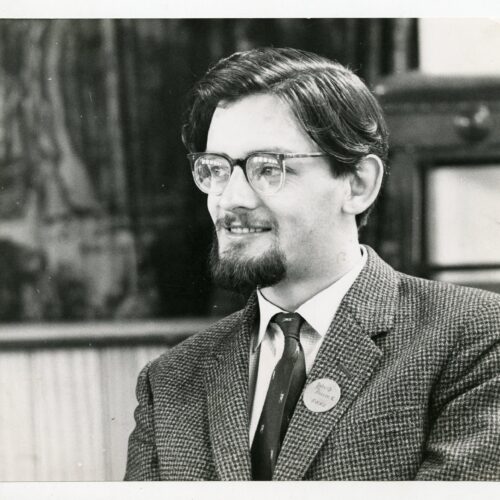

David Pollock was a towering figure in the humanist movement. A longtime member, activist, trustee, and former Chair, he was instrumental in many of Humanists UK’s campaigns, and became a key source of institutional memory. He served as a trustee of Humanists UK from 1965-1975, and from 1997 until poor health led to his retirement in 2021. He also served as a board member and former Chair of the Rationalist Association (publisher of New Humanist magazine), and was President of the European Humanist Federation from 2006-12. In the 1960s he instigated the All-Party Parliamentary Humanist Group.
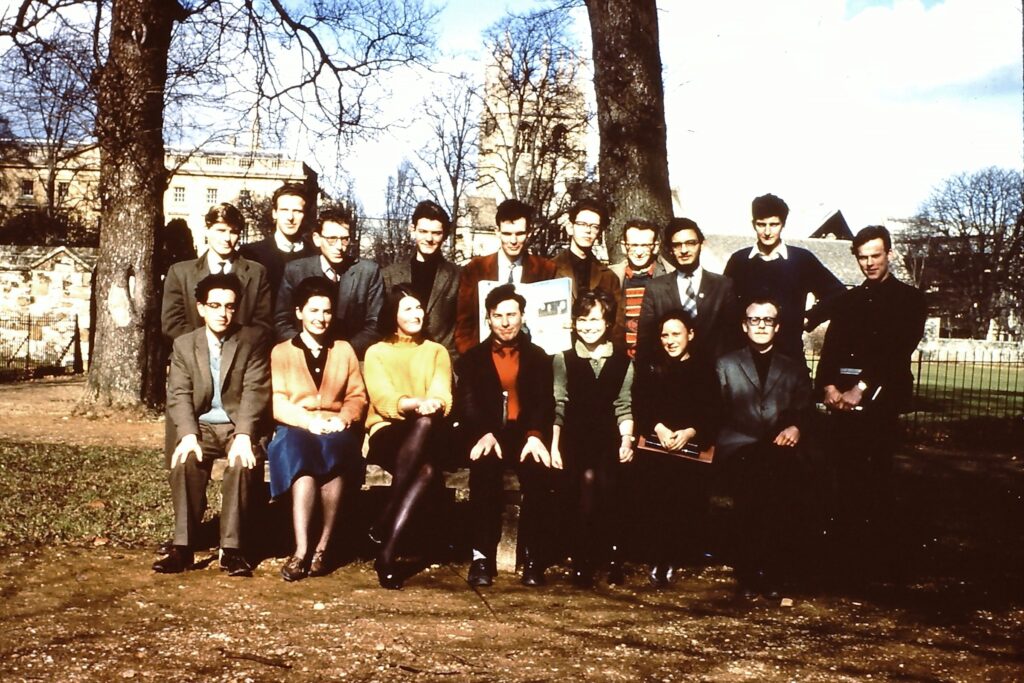
Born in 1942, David Pollock’s involvement with humanism began while a student at Oxford University, where he studied Classics. There he helped the Oxford University Humanist Group (OUHG) to flourish and grow, at its height, into the largest student organisation at the university, welcoming many of the brightest lights of the humanist movement as visiting speakers, while campaigning on issues from women’s admission into the Oxford Union Society to global poverty and LGBT rights. This central concern with equality, human rights, and non-discrimination animated David throughout his life. He would later write that he devoted more time to the Humanist Group than he did to his studies, and ultimately developed an online archive for the OUHG, sourcing and documenting the vast range of activities undertaken by the group.
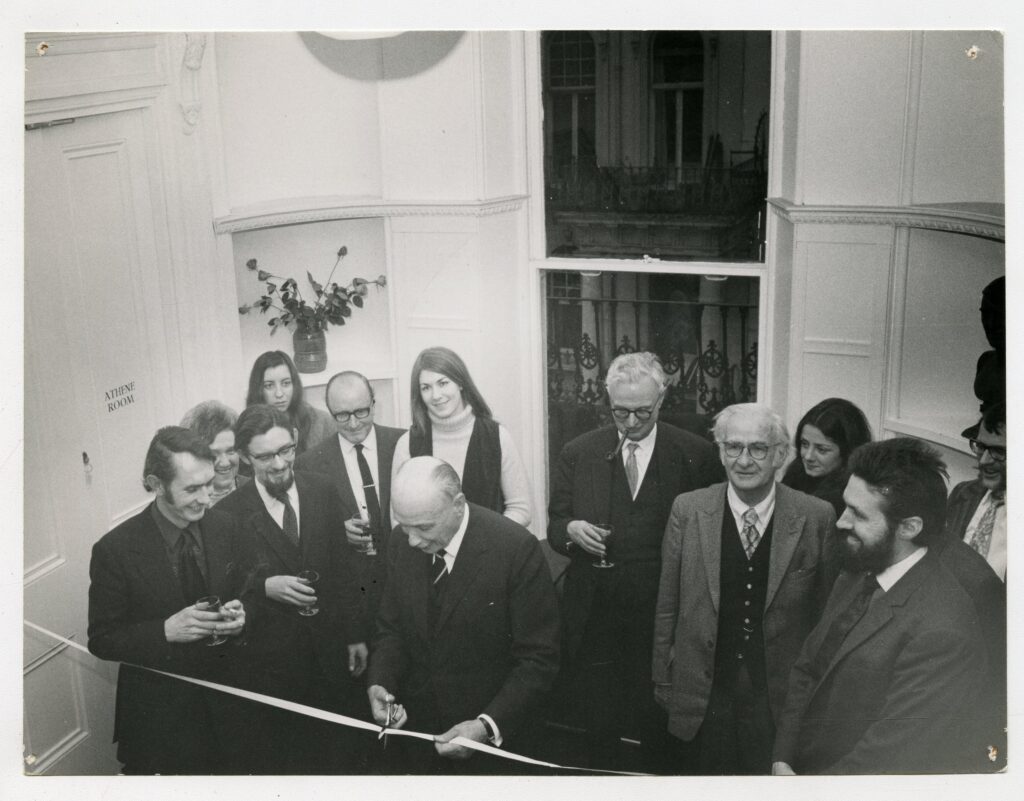
Describing his commitment to organised humanism while still a student, Pollock expressed his conviction that ‘by meeting people who have ideas that are very similar to your own but not exactly the same, you can refine your own ideas and sharpen your ideas against theirs. Not only that, of course, but by belonging to an organisation… you can try to bring about the reforms that you would like to see in the community’. He moved naturally from university activism into direct efforts for the wider movement, playing a key role in a time of immense activity for Humanists UK (then the British Humanist Association). Interviewed for the New Humanist in 1993, Harold Blackham (Humanists UK’s first Executive Director) named David Pollock (with Antony Chapman and Peter Draper) as one of the ‘student stalwarts’ who brought their energies from the university humanist movement to Humanists UK. Ultimately, David Pollock’s relationship with organised humanism would span six decades, and see him awarded – in 2011 – the Distinguished Service to Humanism Award at the World Humanist Congress in Oslo.
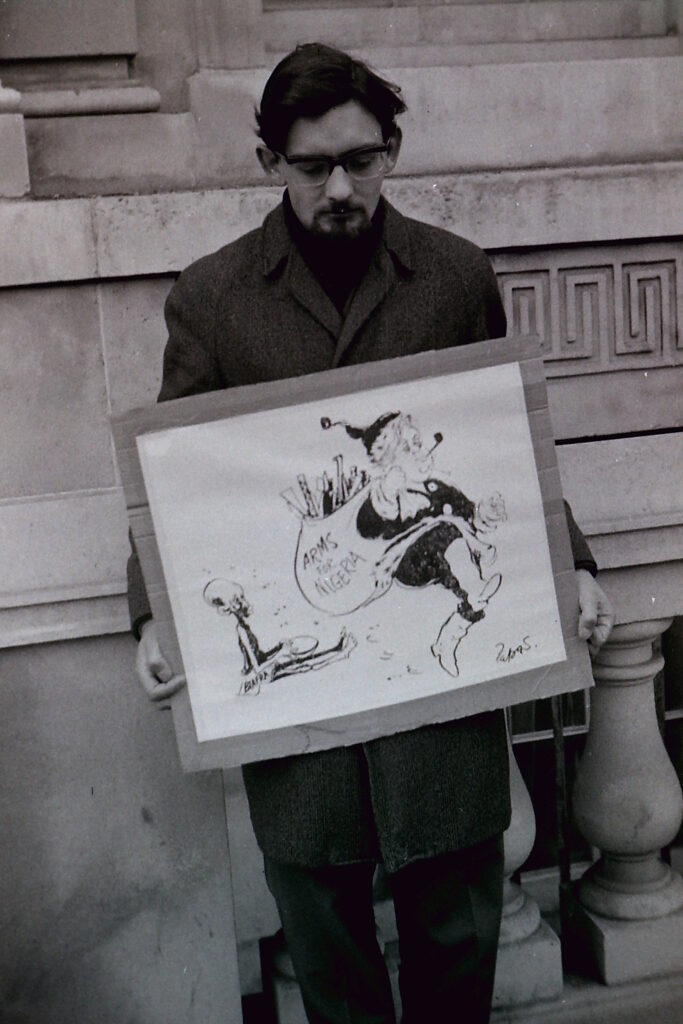
From his earliest days, Pollock pushed for Humanists UK to have a higher public profile – believing in the capacity of people motivated by humanism to change society for the better. In a letter to The Humanist in 1963, he wrote: ‘What the Humanist movement needs at the moment is a glowing vision of the future, not an over cautious concern with preserving the past’. In his devotion to furthering the cause of humanist ideas and ideals, he was never afraid to confront or correct, nor to be hands-on in his efforts for change.
At a time when Humanists UK could not be involved in campaigning due to laws around charitable activity, David was instrumental in encouraging a humanist voice in Parliament, helping to lay groundwork for the creation of the All-Party Parliamentary Humanist Parliamentary Group, and initiating his own action group, Humanist Lobby, to which he gave countless hours. This group as assembled by David worked together on some of the biggest reforms of the age of reform: laws to decriminalise homosexuality, legalise abortion, and end censorship and the death penalty.
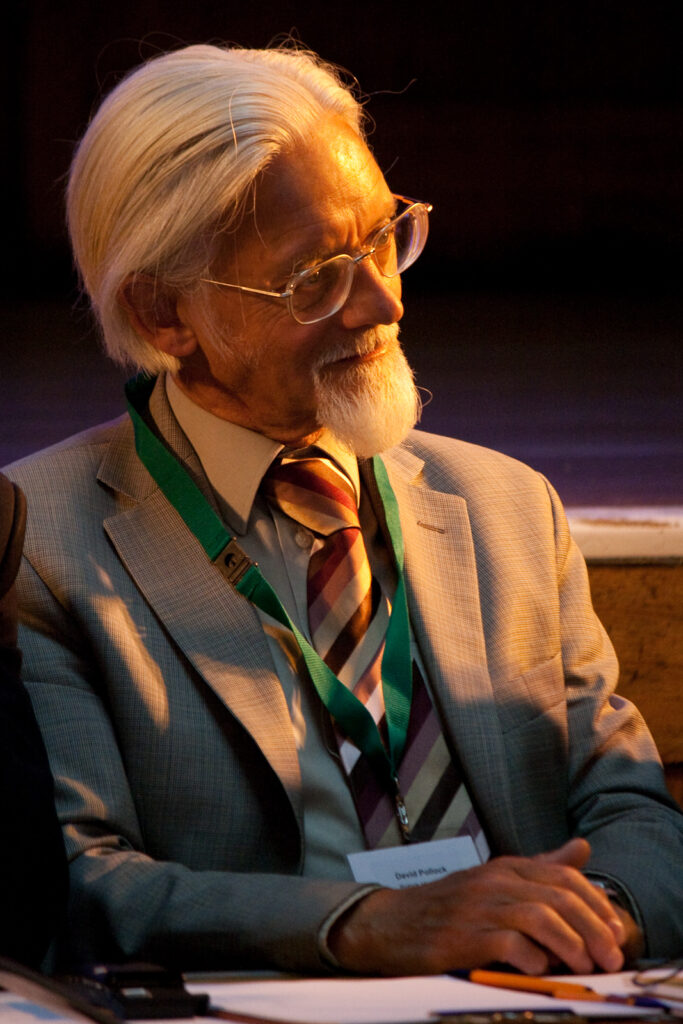
In addition to his work for the UK movement, Pollock gave an enormous amount of his time and effort to international humanist concerns. As President of the European Humanist Federation from 2006 to 2012, he largely drove the formation of a policy platform for humanists engaging with the EU and Council of Europe. After his term was up, he became the head of Humanists International’s delegation to the Council of Europe until 2017. An incisive thinker, Pollock was widely recognised for his expertise in human rights and in particular the law around religion or belief. In 2016, he was the humanist representative on a high-profile group, alongside former Archbishop of Canterbury Rowan Williams, convened by the Equality and Human Rights Commission to help develop the EHRC’s landmark report Religion or belief: is the law working?
As a long-serving trustee, Pollock had a hand in setting Humanists UK’s strategy in successive decades. After retirement, he worked closely with Humanists UK’s public affairs and policy team as a full-time volunteer, donating his considerable acumen as a political and legal strategist to its lobbying and litigation work, including to its interventions at the Supreme Court on assisted dying and abortion rights, a successful High Court case securing the place of humanism in RE, and the successful legal challenge in Northern Ireland which brought about legal humanist marriages. He particularly cared about Humanists UK’s education campaigns and the legal recognition of humanist marriages.
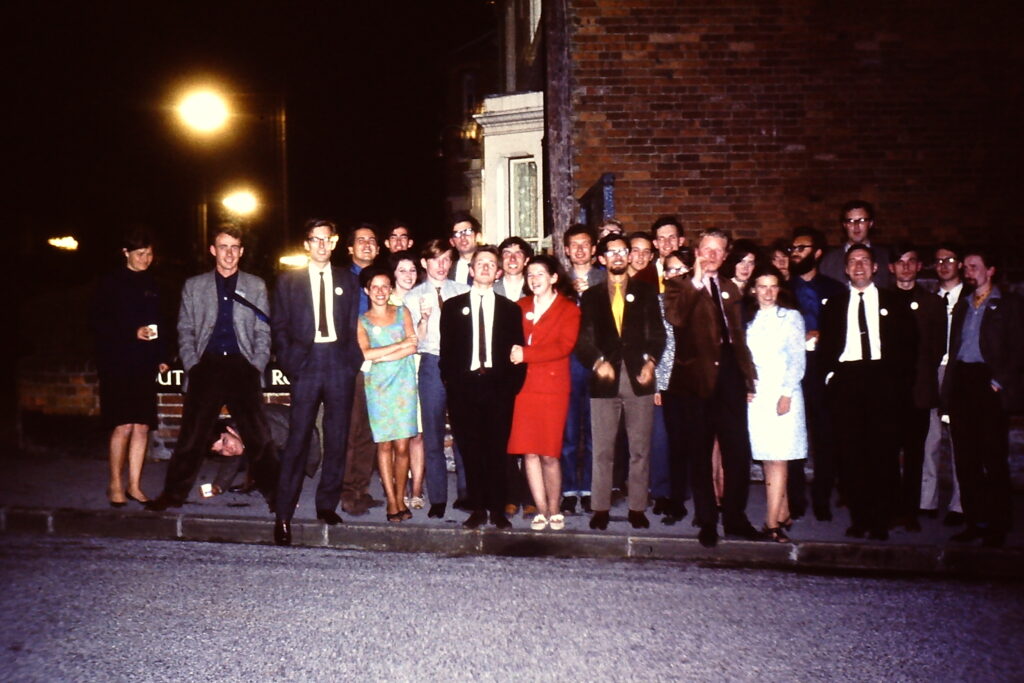
Outside his life as a professional humanist, Pollock also had a successful career as a manager at the UK’s National Coal Board, before serving, across the 1990s, as the Director of the pressure group Action on Smoking and Health and then of the Continence Foundation. He was also treasurer until his death of Education and Health Trust Uganda, a charity supporting impoverished communities to thrive in Uganda.
David Pollock died on 12 May 2023. His life and extensive contributions to humanism were celebrated with a special ceremony, led by Andrew Copson, in July that year.
David Pollock was instrumental in shaping the direction of the organised movement at a time of significant change; a driving force behind many of Humanists UK’s major campaigning achievements; and an unparalleled source of institutional memory and collecting. Few people could be said to have devoted so many years to the humanist cause.
David Pollock | Humanist Funeral Tribute Archive
Oxford University Humanist Group Archive | Wayback Machine
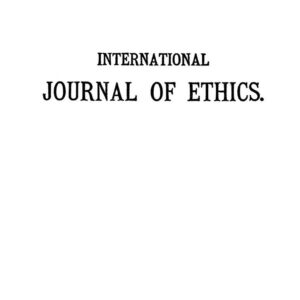
The International Journal of Ethics was founded in 1890 by leaders of the worldwide Ethical movement, ‘for the advancement of […]
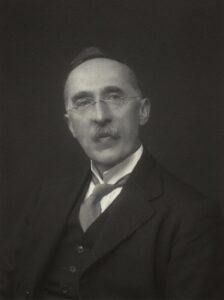
Conscience is older than any existing Church or creed. George Peabody Gooch, Under Six Reigns (1958) George Peabody Gooch was […]
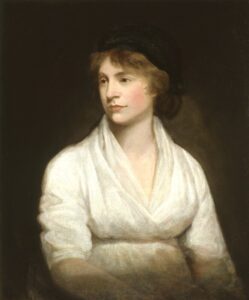
And how can woman be expected to co-operate unless she knows why she ought to be virtuous? Unless freedom strengthens […]
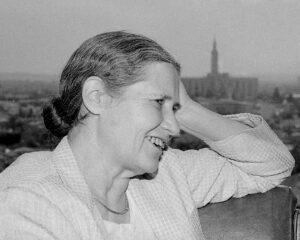
I lost religion in a breath; Heaven fled from me on the wings of Reason… Doris Lessing, Under My Skin: […]